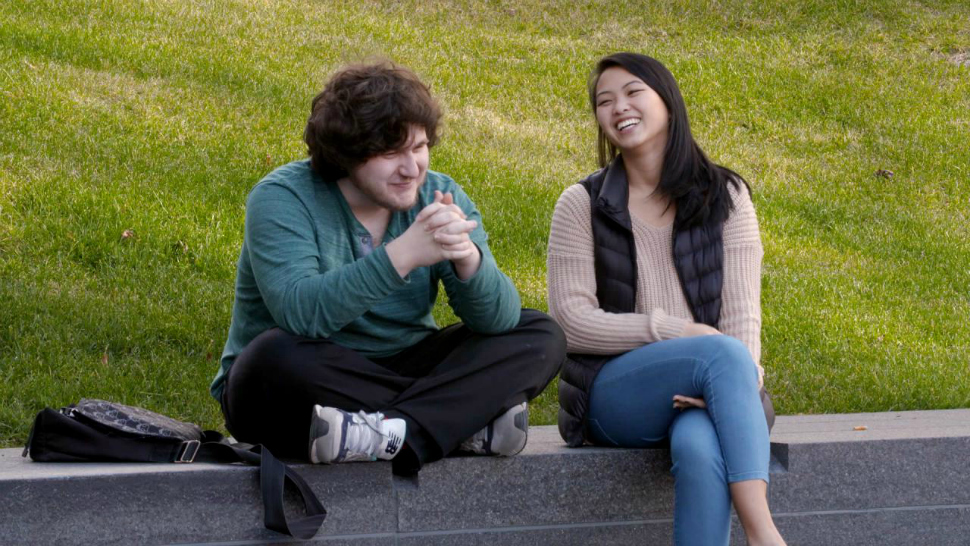John Tolley, April 15, 2017
It used to hold, that for a person on the autism spectrum, attending college was fraught with difficulty. Little was understood about the wide variety of conditions under autism?s broad umbrella, how they manifest from one individual to the next and how those individuals could best be served by higher education.
Recently, though, broader knowledge of the range of autism spectrum disorders has led to adaptive programs meant to assist individuals at every level of education.
At Rutgers University, the College Support Program is dedicated to helping students from day one through graduation in a number of different ways.
?We?re an integrated, comprehensive program that addresses students? academics, executive functioning skills, social and life skills,? says Pamela Lubbers, Coordinator of the College Support Program. ?Each student identifies what they need and want. We work with them to set goals and then work toward them.?
Established in 2009, the program was originally operated by the Douglas Developmental Disability Center. In 2013, the program was expanded, becoming part of the Rutgers Counseling and Psychological Services office.
It happened at a crucial time, says Lubbers, as colleges and universities are seeing the numbers of students who place somewhere on the autism spectrum rise.
?So many students need some level of support when they get to college,? Lubbers explains. ?Some may need it just to get started for maybe a year; some might need it for the whole time they?re here. It?s a spectrum and people have very different needs.?
Students in the College Support Program meet weekly with an individual coordinator who helps them plan for and organize their upcoming week in accordance with their stated goals. Two volunteer peer mentors are also assigned to each student, providing support and guidance and helping to plan social events throughout each semester.
For Brittany Chan, a peer mentor, the program?s layered approach to student support is what makes it unique. The mentors are able to offer a more casual and comfortable shoulder to lean on, whereas coordinators take a look at a student?s wants, needs and accomplishments in relation to the bigger picture.
The tailored design of the program speaks to the case-specific nature of autism spectrum disorders, Chan notes. ?Not everyone?s the same and you have to deal with it very differently. There?s no way to correctly train [a person] on how to deal with someone with autism. It?s just really getting to know them on an individual level.?
As Lubbers see it, the College Support Program is a boon not just the students enrolled in the program, but all involved.
?Everybody in this program brings special gifts and talents and it?s wonderful to see them share and develop. It sends the message that being on the autism spectrum is just being on the autism spectrum, it doesn?t mean anything other than that. You can be anything you want to be, you can do anything you want to do and you have great value.?







